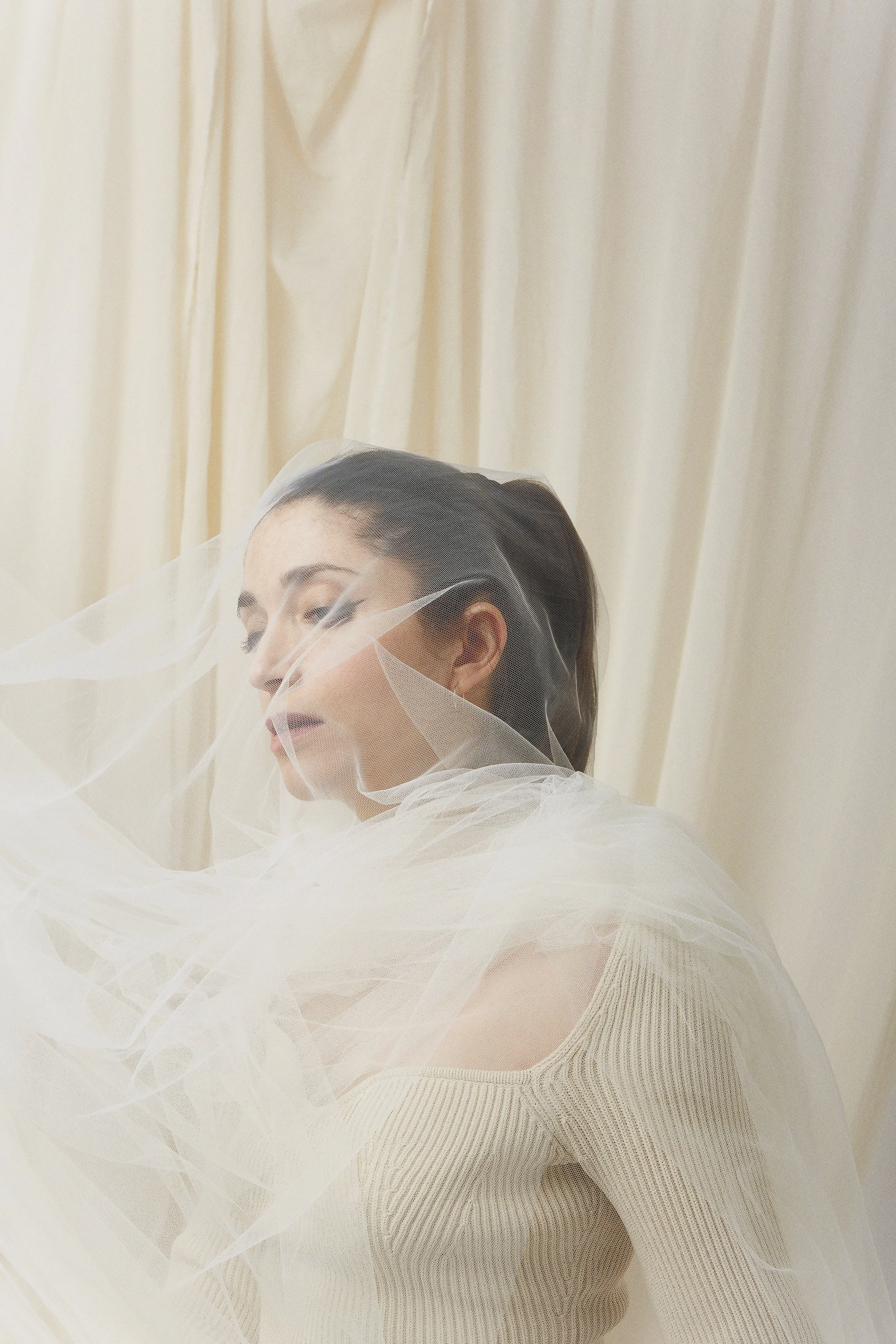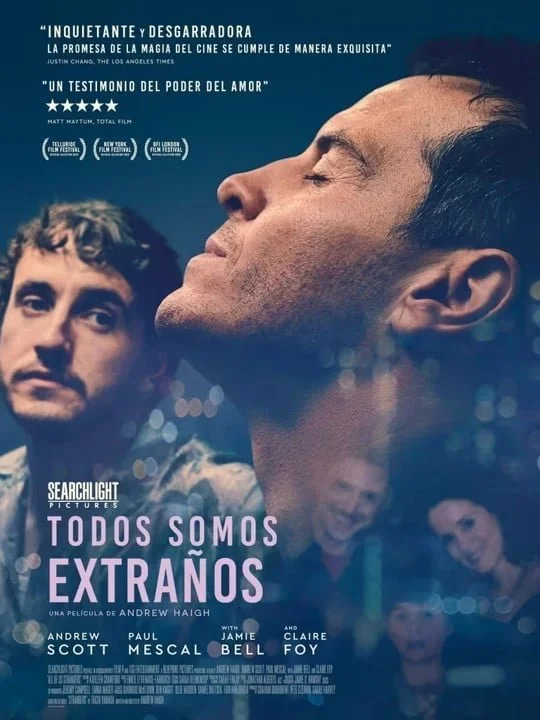Emilie Levienaise-Farrouch’s Artistic World in Film and Beyond
ANNIVERSARY EDITION
In a world where scores shape stories and composers are asked to move at the speed of innovation, Emilie Levienaise-Farrouch navigates the demands of film and TV music with a focus both purposeful and instinctual. Her career unfolds with a steady emphasis on collaboration. “I think the big step for me has been building a team,” says Levienaise-Farrouch. “It’s finding collaborators that complement each other... that really bring what I need into the project.” For Emilie, music emerges from shared language and trust, a creative chemistry that turns isolated writing into something more collective. “Having a team where everyone’s personality balances mine…it makes for a better experience for everyone.” The studio, for her, is not just a place of productivity; it’s a network.
It takes a clear vision to craft music that is atmospheric and emotionally resonant, yet daringly minimal. Emilie’s signature sound weaves soft piano through sweeping ambient textures, using stillness and tension to create immersive scores. “I like the weirdness in music,” she shares, smiling. “It’s better if it’s a bit weird.” This playfulness isn’t an affectation; her score for The Assessment (2025) exploits silence and delicate orchestration, showcasing her ability to sharpen mood and narrative with nuance. Previous projects, All of Us Strangers, Living, and The Forgotten Battle, cement her reputation for combining intimacy with grandeur and for challenging the conventions of contemporary film music.
"I think the big step for me has been building a team… finding collaborators that complement each other, that really bring what I need into the project."
Emilie is unflinching about the pressures that shape the creative life. “I still don’t really know how the next few months are going to be,” she admits. Speaking to the unpredictable pace and tension of freelance work, uncertainty, she says, must be embraced. “Sometimes it’s about just holding off, trusting your gut, and accepting that there’s a reason for the timing.” If there is vulnerability in this admission, it’s matched by a pragmatic resolve, an understanding that patience is not passivity, but an essential part of the creative process. “The whole work-life balance can be tricky, especially with so much fluctuation in how busy I am from one month to the next, but if I’m honest, people close to me understand, they get it when I say I have to work.” The industry’s rapid pace demands flexibility, but acceptance and understanding from those around her provide necessary support.
Performance, for Emilie, happens both on stage and in the recording studio. The transition from imagination to realisation is profound: “That moment where something that’s lived inside your head fills the room, that’s really magical.” Whether collaborating with other musicians in concert or witnessing music come alive during a studio session, Emilie finds a very specific joy in sharing her work. “When other people are playing my music, that’s more of a godlike feeling,” she says, her humility punctuated by genuine warmth. It’s a sentiment that reveals an artist at ease with her craft as long as it remains connected.
Communication, professional and otherwise, is something Emilie approaches with tangible pragmatism. She doesn’t dwell on autobiography; her reflections stay grounded in working realities and the structural dynamics of the industry.
On gender, Emilie is refreshingly direct, too. She acknowledges the challenges women face but refuses to let them frame her trajectory. “Learning how you communicate, how you collaborate, in a way that’s assertive but not ego-driven, otherwise people think you’re unpleasant and then you’re not hired.” In Emilie’s world, talent alone is not enough; professionalism and adaptability are required currency, and her advice speaks to the demands of surviving and thriving in a competitive landscape.
This autumn, Emilie joined the Brussels Philharmonic for Minimalism in Motion: Glass, Nyman and Beyond, bringing music from Living, The Forgotten Battle, All of Us Strangers, and an orchestral version of “Diner” to a new audience at the World Soundtrack Awards. She is not especially interested in easy categories or big statements about her work. “In the end,” she says, “you hope what you make connects with someone, maybe in a way you didn’t expect.” That instinct, to leave space for surprise, runs through all she does, both in the studio and beyond.




